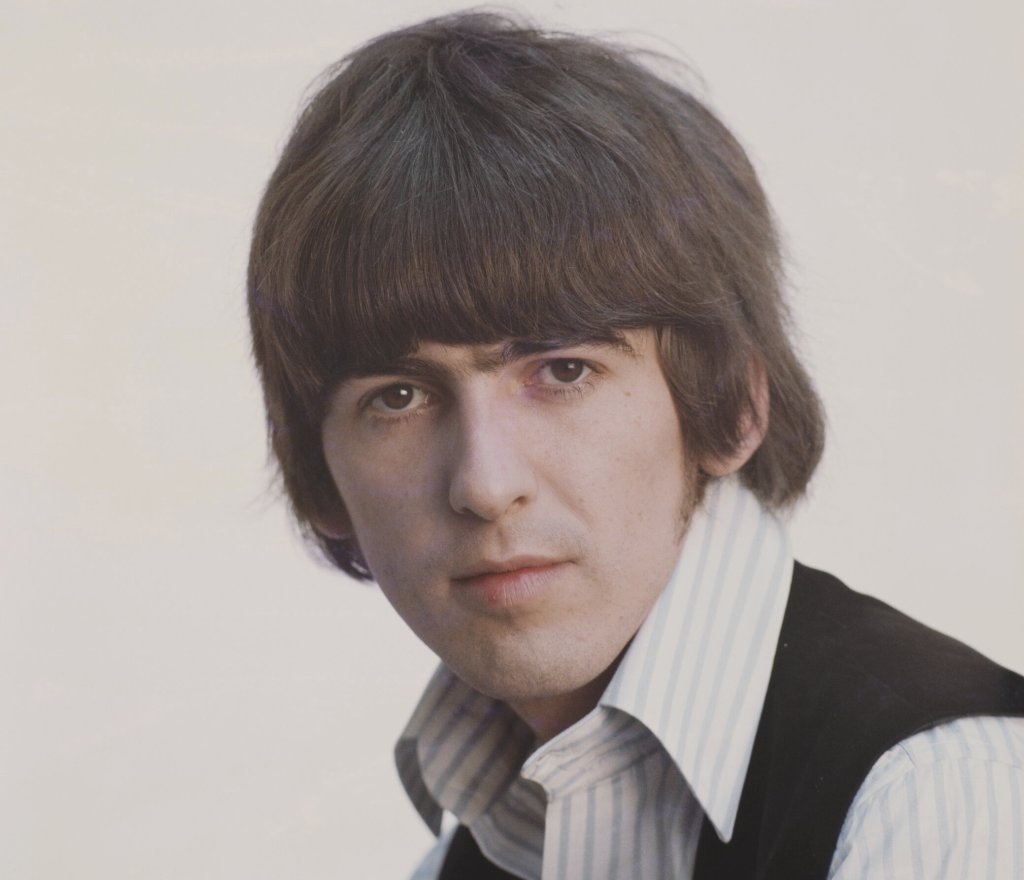As a member of the band that changed the world of music indefinitely, you would assume that George Harrison had carte blanche to do whatever he wanted after leaving the group. After all, who was going to argue with the man who penned ‘While My Guitar Gently Weeps’? Nevertheless, Harrison was careful not to tarnish the reputation of The Beatles or his former bandmates after the dissolution of the group in 1970. In contrast to the proto-diss-tracks between Paul McCartney and John Lennon, Harrison’s solo career was storied by spiritual exploration and an embrace of far-out musical styles.
Outside the sacred realm of The Beatles, Harrison was the first of the four band members to embark upon a solo career. Even before the Fab Four had parted ways, the guitarist had already recorded both 1968’s Wonderwall Music and its follow-up, Electronic Sound. These largely instrumental records allowed Harrison to expand upon his own personal influences, namely the impact of Indian music and spiritualism. This theme continued throughout much of Harrison’s solo career, with the songwriter able to draw upon his songwriting talents that had been largely subdued during his time with The Beatles.
Spiritualism and the Hare Krishna movement became an ever-growing influence on Harrison’s solo work as his songwriting developed. While the rest of The Beatles were similarly influenced by their experiences in India, it was Harrison who really devoted himself to that world. So much so that Wonderwall Music ended up featuring a variety of prominent Indian musicians, including Aashish Khan and Shivkumar Sharma.
Although the South Asian nation would provide Harrison with a wealth of musical inspiration, it seemed as though the songwriter could find inspiration anywhere. For his vastly underrated eponymous 1979 album, the Liverpudlian drew upon a wide range of experiences, including his time spent on the Hawaiian island of Maui. It was during this trip that Harrison was struck by the sight of a full moon, an important symbol within the spiritual world.
Talking to the BBC in 1979, Harrison reflected upon that experience, sharing, “I was in a particularly great place when I saw the moon coming up and I thought, ‘Wow, you know, all this, and here comes the moon!’” Here, the songwriter makes reference to the track ‘Here Comes The Sun’ that he had written with The Beatles for Abbey Road in 1969. Almost instantly, it would seem, Harrison realised the potential for a new song – a sequel of sorts – to follow on from that beloved Beatles classic.
However, the idea was met with trepidation. “I thought, ‘No, I couldn’t write a song called that, they’ll kill me,’” he recalled, presumably talking about his former bandmates. “But as it happened, I wrote the song and it turned out really nice, so it stands up in its own right”. The final track appeared on Harrison’s 1979 album and, though it focuses more on the moon itself rather than the metaphor present in ‘Here Comes The Sun’, it forms a fitting follow-up to The Beatles track.
Justifying his decision to write and record the song, Harrison said, “Any other songwriters around, they have had 10 years to write ‘Here Comes the Moon’ after ‘Here Comes the Sun,’ but nobody else wrote it, I might as well do it meself”. I suppose if you want something doing right, you have to do it yourself.




